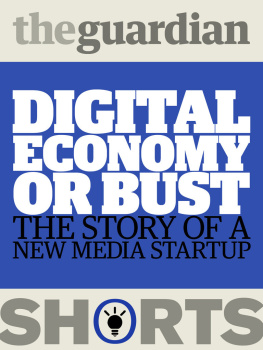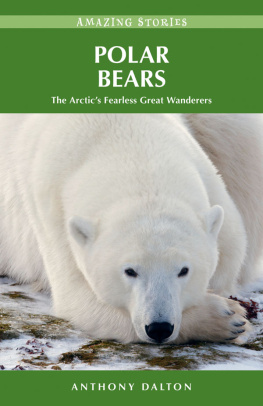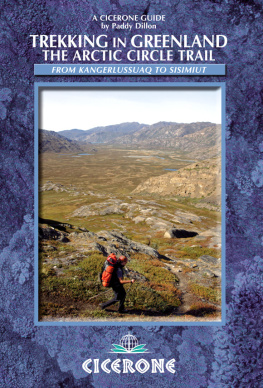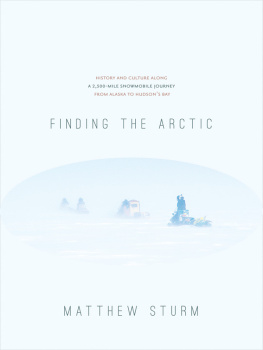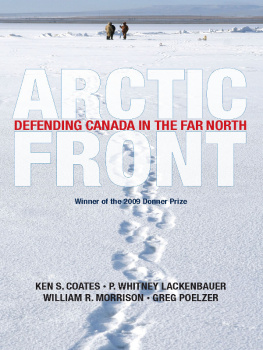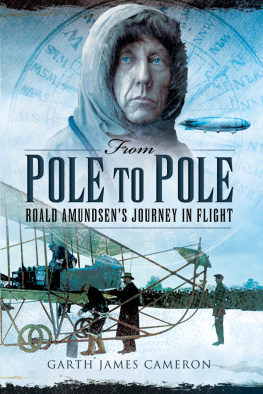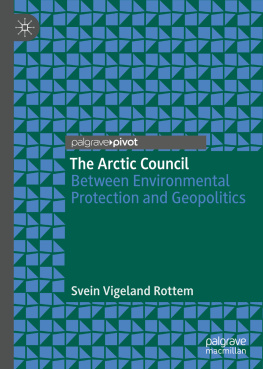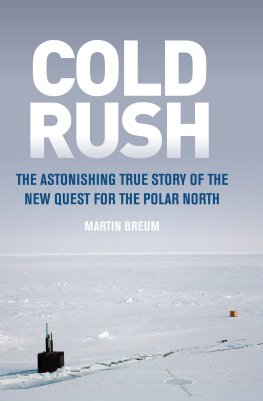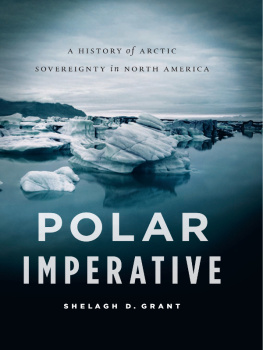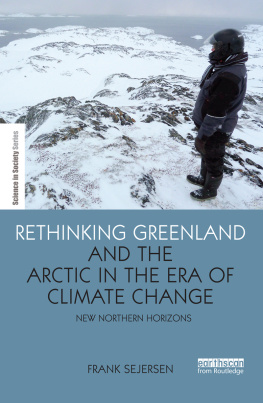GUARDIAN SHORTS bring you the very best of our journalism, comment and analysis, from breaking news to the seasons sports and culture.
All rights reserved. No part of this ebook may be reproduced or utilised in any form or by any means, electronic or mechanical, including photocopying, recording or by any information storage and retrieval system, without permission in writing from Guardian Books.
Research for this material was largely undertaken during a Journalism Fellowship at Wolfson College, Cambridge. That media scheme is financially supported by donations from commercial companies including BP.
The Guardian iPad edition showcases our comprehensive international reporting, thoughtful commentary, award-winning sports journalism and unique approach to coverage of culture, science and technology. The newspaper completely re-imagined for iPad with stunning full-screen photojournalism and cartoons - it downloads within a minute via Wi-Fi for a complete reading experience even when you dont have a signal.
Introduction
A new race to the North Pole is underway but not on sleds by bearded and wild-eyed adventurers looking for new challenges. The latest pioneers tend to be clean-shaven, hard-nosed salesmen in scheduled aircraft flying in to make money out of a bleak landscape.
C old is the new hot for Big Business and the melting ice caps have triggered a flurry of oil drilling, ore digging and bulk shipping. The chilly waters off Alaska, Siberia and Greenland have all been earmarked for new energy exploration. Mega-mines, such as the Mary river ore deposits in Canada and 300 miles inside the Arctic Circle, are being prepared for exploitation.
Shipowners, including Russias Sovcomflot, are pioneering journeys through the Northern Sea Route with a final goal of eventually sailing right over the roof of the world to cut time for East West trade routes. Guggenheim Partners, a US investment firm managing $125bn worth of client cash, has just announced plans to establish a new Arctic investment fund. A Chinese businessman has just been blocked from trying to buy a slice of Iceland for use as a eco-tourist resort by worried locals convinced it could be a bridgehead for more strategic purposes.
The commercial opportunities from a thawing but unique environment are complicated by legal uncertainties. There are still competing claims by nations bordering the Arctic Ocean over who owns which part of the seabed. An Arctic Council lay dormant but has suddenly become a busy centre of political activity and attracted the attention of major outside countries such as those in the European Union and China.
The US brought along secretary of state Hillary Clinton and other senior representatives to the last meeting in place of the low-level bureaucrats.
The politicians are in on the action, keen to support their national corporate champions but they are also flexing their military muscle too. Nuclear submarines have been prowling the bottom of the ocean in increasing number, with missile tests also on the up and up.
It is a far cry from the place of desolation and even death depicted two centuries ago in Mary Shelleys Frankenstein:
I shall quit your vessel on the ice raft which brought me thither and shall seek the most northern extremity of the globe; I shall collect my funeral pile and consume to ashes this miserable frame. I shall die.
Mary Shelley chose it as a deathly location for her fantasy fiction while explorer John Franklin soon after made that image real by heroically losing his ship and life there. The more positive images have been provided by glorious white landscape pictures and the heroics of explorers such as Norways Fridtjof Nansen who traversed Greenland in 1888.
Today the melting of the far-northern glaciers has stoked fears of a disappearing world hit by global warming: polar bears balanced on tiny ice rafts have become a totemic symbol of danger.
This harsh environment might not just point to extinction of the odd morbid monster or intrepid explorer or a magnificent white beast but for the whole of the human race.
But the long-term threat to the planet has equally unearthed an economic opportunity for nation states surrounding the Arctic Ocean: the search for oil is particularly controversial given that the burning of fossil fuels hasten climate change and the effects of the appalling BP well blowout in the Gulf of Mexico.
The fast-developing industrialization of the far north is already threatening upheaval for Inuit and other indigenous peoples who have peacefully co-existed with nature for hundreds of years.
Those communities themselves are often split between the potential for sudden untold wealth and the threat to their traditional hunting and fishing way of life.
Is there a middle way under which everyone can benefit or is this a dangerous gamble that could bring about catastrophe?
The Future:
The world is constantly demanding new sources of energy, minerals and transport and the business community wants to make money satisfying those needs.
B ut the Arctic is not just another store to be plundered, but one of the most unique and sensitive locations on earth which must be treated with special care.
It is also one where territorial claims are far from finalised and where the rules of international engagement remain hazy and therefore volatile.
The military muscle flexing by different nation states reflects this uncertainty and nervousness.
This is quite unlike Antarctica, where commercial exploitation is banned and where an international treaty ensures peaceful cooperation.
The area has an Arctic Council that represents the bordering nations but which has little budget and little influence to control events. This is changing, as the US and others start to send high-level delegations to its meeting,s but it needs to open its doors to observers and others to give it more transparency and credibility.
The Arctic is a special place of global importance if only because its melting ice caps could destroy by flooding nation states on the other sides of the world.
Mikhail Gorbachev, then-Soviet Union leader, in 1987 declared the North Pole to be a zone of peace but no national leaders have picked up the challenge to turn words into deeds. They should.
The area will be increasingly used as a source of new energy and minerals but any exploitation must be handled in the most careful way. Short-term commercial or political gain clearly cannot come at the expense of a longterm threat of extinction for polar bears, Inuit or humanity more generally.
The world really does need a more sustainable and eco-centric way of working. The North Pole should be used as a flag bearer for this new way.
Melting ice caps open up Arctic for white gold rush
As rising temperatures expose more land for exploration, prospectors are rushing to the far north in the hope of carving out a new mineral frontier.
T he crumpled figure in seat 22 on the Air Greenland flight from Ilulissat to Kangerlussuaq was no Indiana Jones. But Dennis Thomas, a mining engineer viewing gold and diamond prospects in the Arctic, was happy to play up the part. Ive been shot at and involved in all sorts of other scrapes, the 62-year-old said as the plane cruised at 11,000ft.
Thomas had spent 30 years scouring Latin America, the Far East and most other points around the globe, but this was his first time in Greenland. And it will not be his last. The Briton was impressed with what he had seen and said he would be back after discussions with various mining companies and investors who pay him a finders fee for putting them on to new, commercially viable, deposits.





